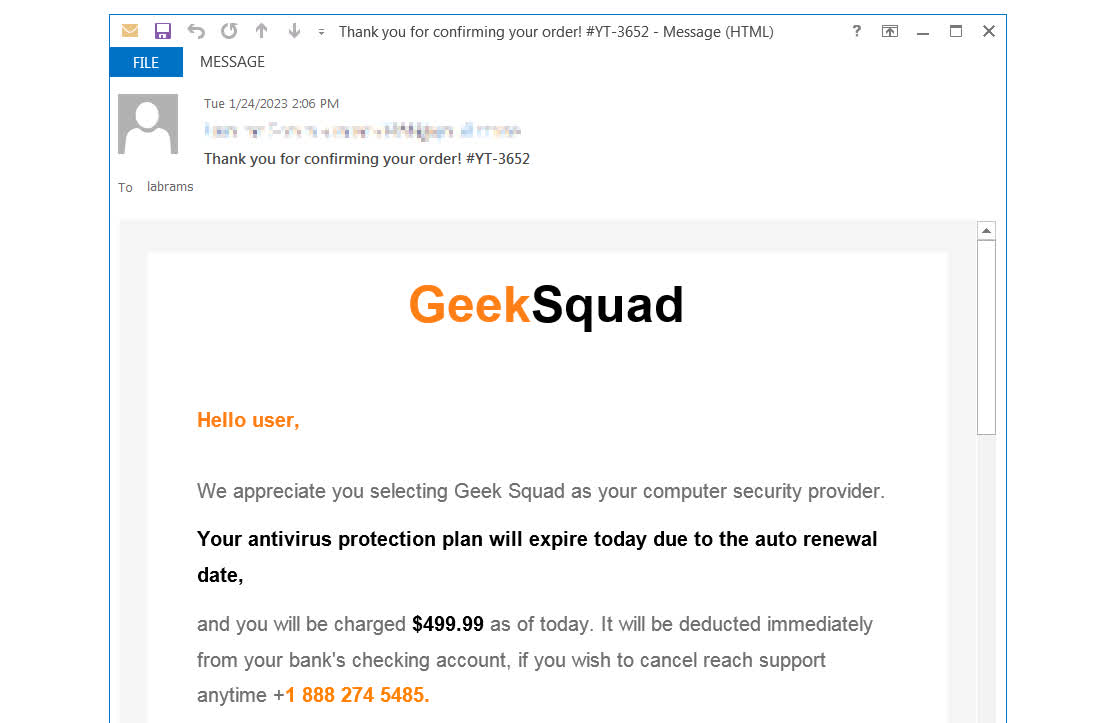Legitimate Android app transforms into data-snooping malware
ESET researchers have discovered a trojanized Android app named iRecorder – Screen Recorder. It was available on Google Play as a legitimate app in September 2021, with malicious functionality most likely added in August 2022. During its existence, the app was installed on more than 50,000 devices.

Trojanized iRecorder app
The malicious code that was added to the clean version of iRecorder is based on the open-source AhMyth Android RAT (remote access trojan) and has been customized into what ESET named AhRat. The malicious app is capable of recording audio using the device’s microphone and stealing files, suggesting it might be part of an espionage campaign.
Besides the Google Play Store, ESET Research has not detected AhRat anywhere else in the wild. However, this is not the first time that AhMyth-based Android malware has been available on the official store; ESET previously published research on such a trojanized app in 2019. Back then, the spyware, built on the foundations of AhMyth, circumvented Google’s app-vetting process twice, as a malicious app providing radio streaming. However, the iRecorder app can also be found on alternative and unofficial Android markets, and the developer also provides other applications on Google Play, but they don’t contain malicious code.
“The AhRat research case serves as a good example of how an initially legitimate application can transform into a malicious one, even after many months, spying on its users and compromising their privacy. While it is possible that the app developer had intended to build up a user base before compromising their Android devices through an update or that a malicious actor introduced this change in the app; so far, we have no evidence for either of these hypotheses,” explains ESET researcher Lukáš Štefanko, who discovered and investigated the threat.
The remotely controlled AhRat is a customization of the open-source AhMyth RAT, which means that the authors of the malicious app invested significant effort into understanding the code of both the app and the back end, ultimately adapting it to suit their own needs.
Aside from providing legitimate screen recording functionality, the…




